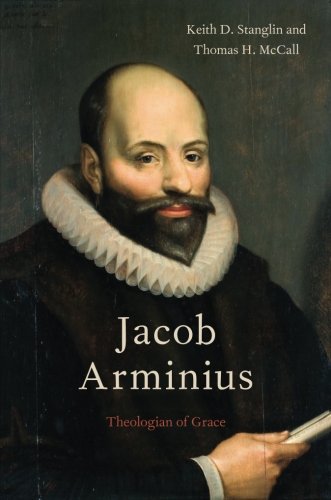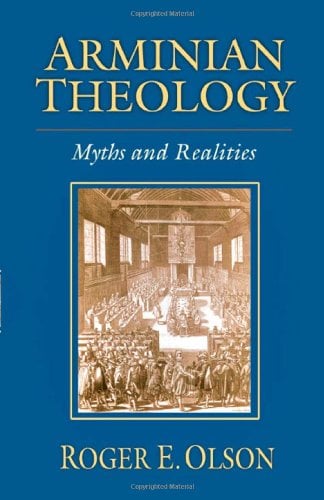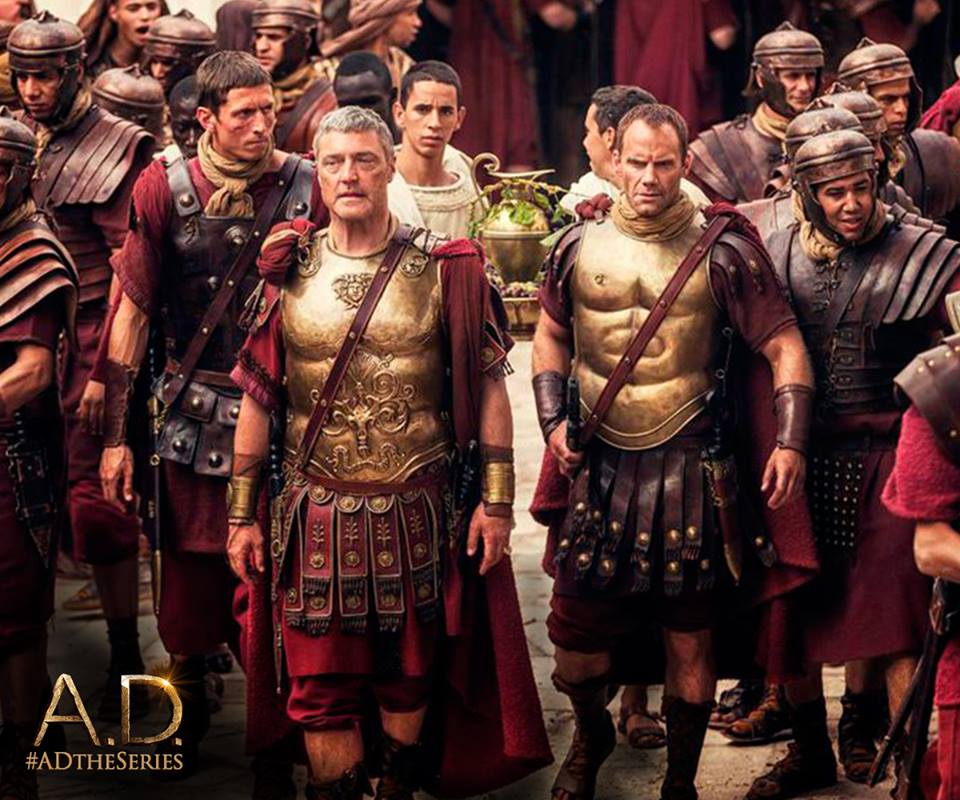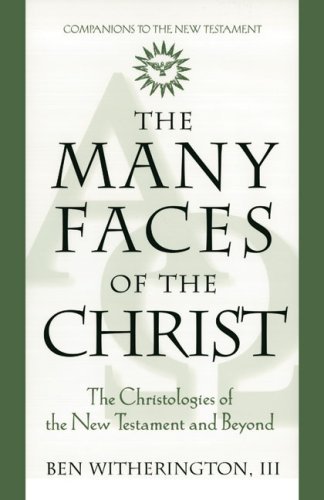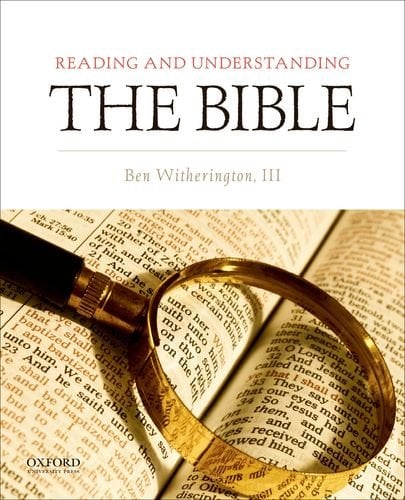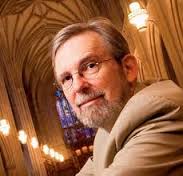
12) In the second volume of the Lightfoot Legacy series, the volume on the Gospel of John to be published next year, Lightfoot says almost exactly the same thing you do about Jesus as Temple and the fulfillment of the Festivals etc. and about the backwards reading of the Scriptures as exhibited in John as well. It is interesting as well that he insists as you do on p. 131 n. 24 that the backwards reading does not negate the historical forward reading of Scripture but that one should see them as type and ante-type. The question this John chapter raised for me, is how exactly does John view differently the OT and its use from the Synoptic writers? Would you say it is in his focus on using the Psalms, or perhaps one his use of focal images and ideas like Temple, light, water etc. that come from the Pentateuch?
***Interesting. I will look forward to seeing Lightfoot’s treatment of John. (I am not unhappy to have my work mentioned in the same breath with his!) On the question of how John differs from the Synoptics, see my summary on pp. 100-102. Yes, heavier emphasis on Psalms is one feature, as is his focus on transformational symbolic readings of the Temple and Israel’s festivals.
13) On p. 94, in your summing up, after suggesting that figural readings of the OT are necessarily retrospective in character you say “from the perspective of figural interpretation, it would be a hermeneutical blunder to read the Law and the Prophets as deliberately predicting events in the life of Jesus” and instead you simply want to talk about foreshadowing. Does this mean you think there is no such thing as predictive prophecy in the OT? Were there not times when some of the prophets were given a glimpse, in their own day, of the more remote future especially when it was of relevance to their immediate audience and their need for hope about the future? And if so, doesn’t this mean that figural interpretation of the OT can’t be an all encompassing hermeneutic, but rather one of limited usefulness?
***To be sure, there are passages in the prophets that are predictive, in the sense of looking forward to a future eschatological fulfillment of Israel’s hopes. Isaiah 24-27 offers a good example. Or Daniel 12:1-3. On the whole, however, I don’t think they were consciously predicting specific events in the life of Jesus. The discovery of the scriptural prefiguration of such events is retrospective, as a text like John 2:22 clearly indicates. BUT, John 12:37-41 asserts that Isaiah “saw [Jesus’] glory and spoke about him.” (Probably an allusion to Isaiah’s Temple vision in Isaiah 6.)
These examples from John nicely illustrate the difficulty of making generalizations about what the Evangelists thought about prophecy/prediction. Probably the sentence you quote on p. 94 (“…hermeneutical blunder”…) is oversimplified.
14) I very much like your ten points for interpretation in the last lecture. I do have one question though. At various points throughout, you have insisted that a figural reading does not go against a more historical reading, it supplements it without supplanting it. And on p. 104 you seem to give a nod in the direction of sensus plenior, a text of the OT with multiple senses. It thus sees strange on p. 105 you say “we must bid farewell to plodding literalism and rationalism in order to embrace a complex poetic sensibility”. I see no reason for the either/or here if the text has multiple senses, both a literal and deeper and perhaps figural sense when juxtaposed with later texts and stories.
***I would say that to embrace sensus plenior, acknowledging both literal and figural senses, is precisely to “bid farewell to plodding literalism and rationalism.”
And I would add that the literal sense of the text is what makes possible the figural sense. By this I mean, for instance that if the virginal conception literally and miraculously happened in the womb of Mary, and this isn’t merely a fancy metaphorical way of saying Jesus is special, this is a MORE astounding truth, not a less astounding one (which would be the Evangelists assigning a metaphorical value to an event that didn’t quite happen that way). In other words, the scandal of the Gospels is that they are making quite literal claims about Jesus actually be the incarnation of God, actually coming by way of virginal conception in space and time, actually dying on a cross and rising from the dead etc. The bedrock here is the historical reality, which is so astounding that it takes all the lexicon of description, literal and figural, we have to expresses it in even a somewhat adequate way. Reaction??? Have I misread you?
***I agree with what you say in this paragraph. This nicely illustrates how figural interpretation explodes our neat distinctions between “literal” and “metaphorical.” The “complex poetic sensibility” that I advocate embraces the astounding confluence of literal and figural that you so well describe here.
ASIDES– One thing that did surprise me about the book was your thinking that Mk. 14.62, grounded in Dan. 7.13-14 was about reigning from on high, rather than the second coming and reigning on earth. What especially surprised me about that conclusion (which I have heard from Tom as well) is that it goes flatly against the allusive phrase ‘coming on the clouds’ which in the OT refers to a theophany, and in some cases to the Yom Yahweh. The final judgment doesn’t take place somewhere up above. To the contrary, Yahweh comes to judge the world, and surely that is what Dan. 7.13-14 is about, after depicting a series of gnarly bad empires and emperors who rule the earth, they are superceded by a dominion ruled by the Son of Man who will rule on earth forever.
***I have found Tom Wright completely convincing on Daniel 7:13-14: this is a heavenly enthronement scene. Note that the “one like a son of man” comes to (not from) the Ancient of Days. To be sure, the Son of Man now rules over “all peoples, nations, and languages” eternally in an everlasting dominion. But there is no depiction here of a coming from the clouds to the earth. Indeed, it is the heavenly exaltation that guarantees that his everlasting dominion will not pass away.
One other thing that surprised me is that in your interpretation of Mark, you seem to neglect the demonstration by Ched Myers and others that there are periodic disclosure moments in the narrative, and not just an emphasis on the veiled messiah etc. While there is silencing, there is also publicity as Dunn once put it, and keeping the messianic secret is not the order of the day, especially after Easter (hence Mark 16.8 is not likely the original ending of this Gospel).
***I find this a puzzling objection. My whole discussion of Mark makes an argument that there are indeed periodic disclosure moments, though few if any of the human characters understand them rightly. (Mark 6:45-52 is a good example.) I don’t understand how this bears on the question of the original ending of the Gospel. Certainly I do not argue that the “messianic secret” is meant to be kept by the church after the resurrection. The question of the ending of the Gospel is both a textual problem and a question of literary/theological interpretation. I think 16:8 is the perfect ending for a Gospel that offers a subtle heralding of the divine mystery of Jesus as the crucified and risen Son of God.


